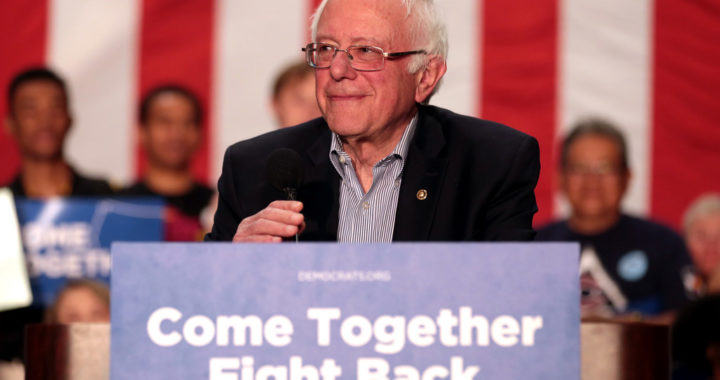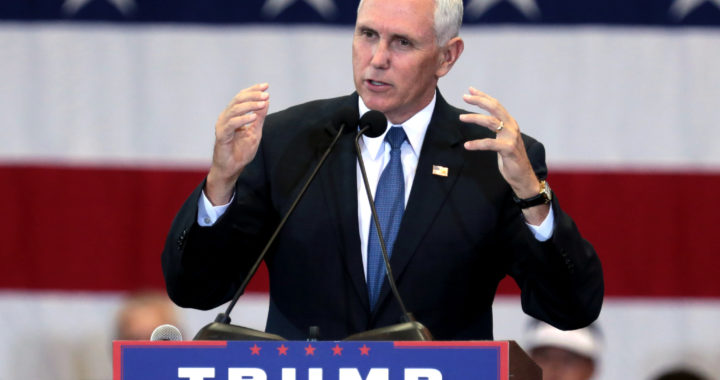Trump Accused of ‘Criminal Extortion’ After Asking Georgia Officials to ‘Find’ 11,000 Votes for Him
“Knowing what Trump has said in leaked phone calls, just imagine what he’s said in calls that weren’t.”
by Julia Conley
Days before the U.S. Congress is set to certify President-elect Joe Biden’s victory in the November 3 election, political observers on Sunday demanded to know how much effort President Donald Trump has put into pressuring state officials into naming him as the winner, after the Washington Post released audio of Trump pleading with Georgia Secretary of State Brad Raffensperger to “find” more than 11,000 votes for him.
As the Post reported, Trump spoke with Raffensperger and Ryan Germany, general counsel to the secretary of state, warning that by certifying Georgia’s election results—which showed Biden winning 49.5% of the vote to Trump’s 49.3%, and taking the state’s 16 electoral votes—the two are taking “a big risk” and potentially breaking the law.
Trump urged Raffensperger to simply tell the public that he “recalculated” the results and determined the president won the state, to which the secretary of state, also a Republican, told Trump, “The data you have is wrong.”
The president soon thereafter took a more direct approach.
“So look,” Trump said. “All I want to do is this. I just want to find 11,780 votes, which is one more than we have. Because we won the state.”
Listen:
At one point the president asked Germany to substantiate baseless rumors that ballots which cast votes for Trump in Fulton County were “shredded” by poll workers and that Dominion, which supplied voting machines for the election, removed the machinery from polling places to unfairly swing the results in Biden’s favor.
“No, Dominion has not moved any machinery out of Fulton County,” Germany told Trump, adding, “I’m sure. I’m sure, Mr. President.”
The president suggested at one point that as a Republican, Raffensperger should want to have an “accurate election”—or one that Trump won.
“We believe that we do have an accurate election,” the secretary of state replied.
In a separate audio clip, Raffensperger reiterated, “We have to stand by our numbers. We believe our numbers are right.”
Critics condemned the latest evidence that Trump, two months after the election, is actively attempting to undermine the will of American voters.
The phone call came several weeks after Raffensperger told the Post that Sen. Lindsey Graham (R-S.C.) was among several Republicans both in and outside of Georgia who pressured the secretary of state to invalidate legally-cast ballots.
Should Trump’s and other Republicans’ attempts to swing Georgia’s numbers in the president’s favor succeed, Trump would gain only 16 electoral votes—far fewer than he would need to meet the 270 threshold to be declared the winner of the election.
That suggests, some said on social media, that the president and his allies have likely made or plan to make similar phone calls to other election officials in states where they’ve contested the results, including Pennsylvania and Michigan.
“Everyone who has a tape of Trump abusing his power should release it now,” tweeted former U.S. Attorney Preet Bharara.
This work is licensed under a Creative Commons Attribution-Share Alike 3.0 License.



